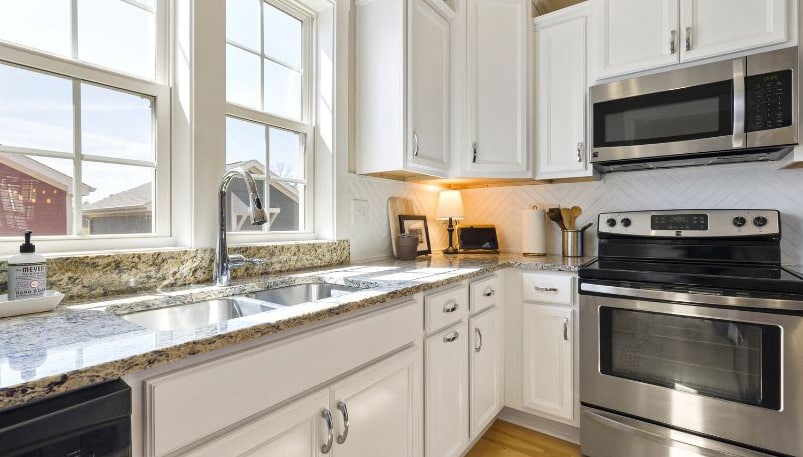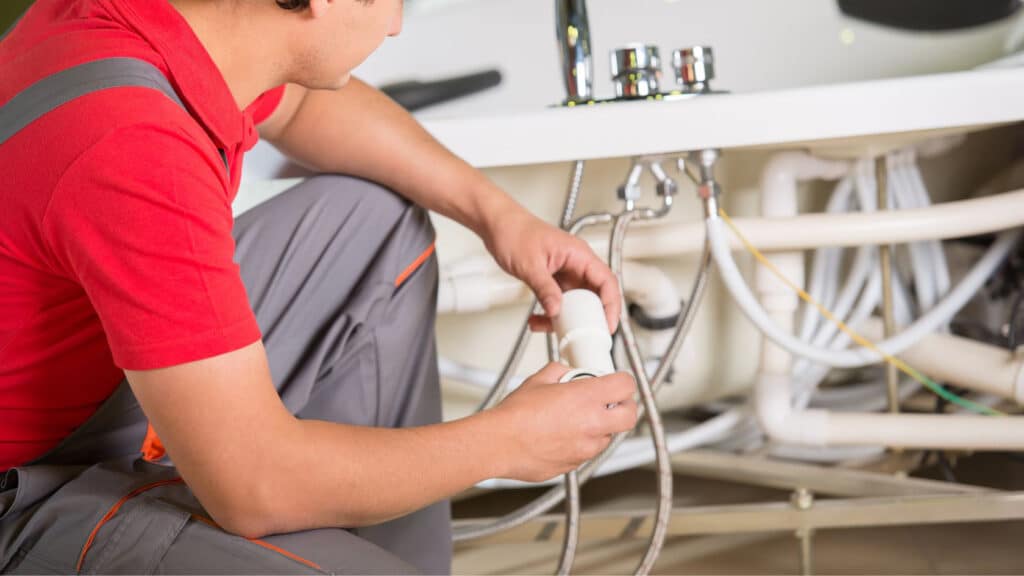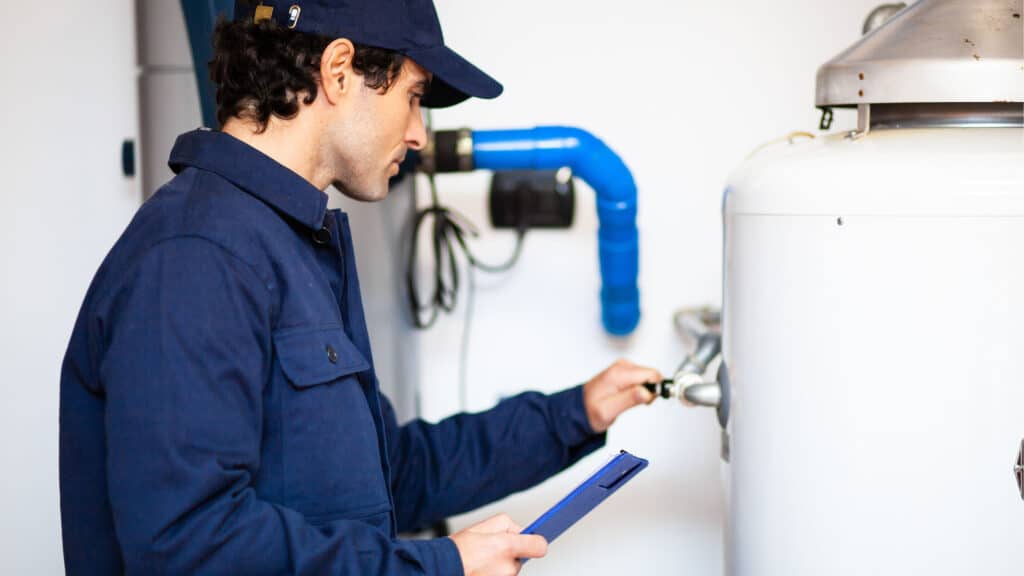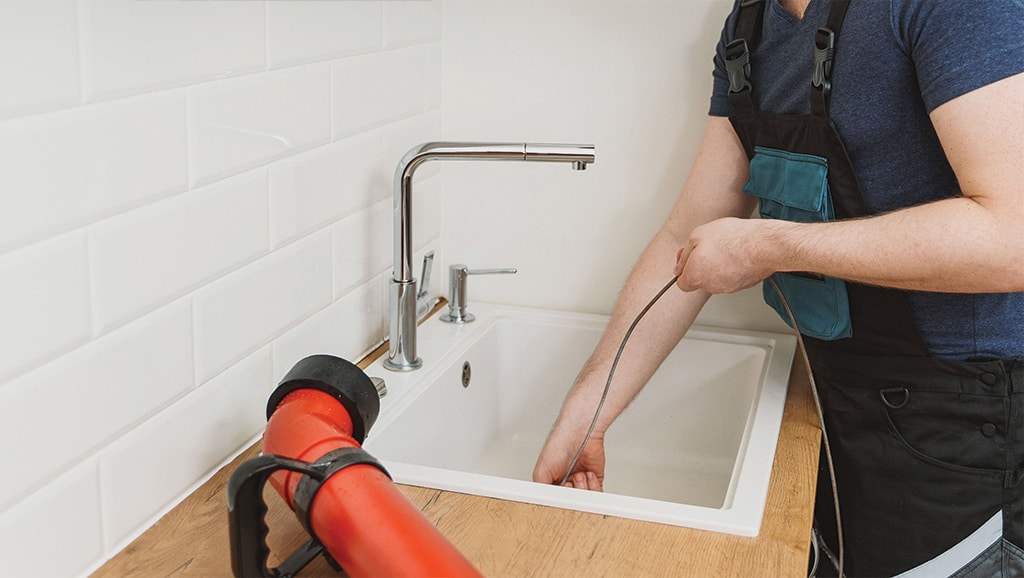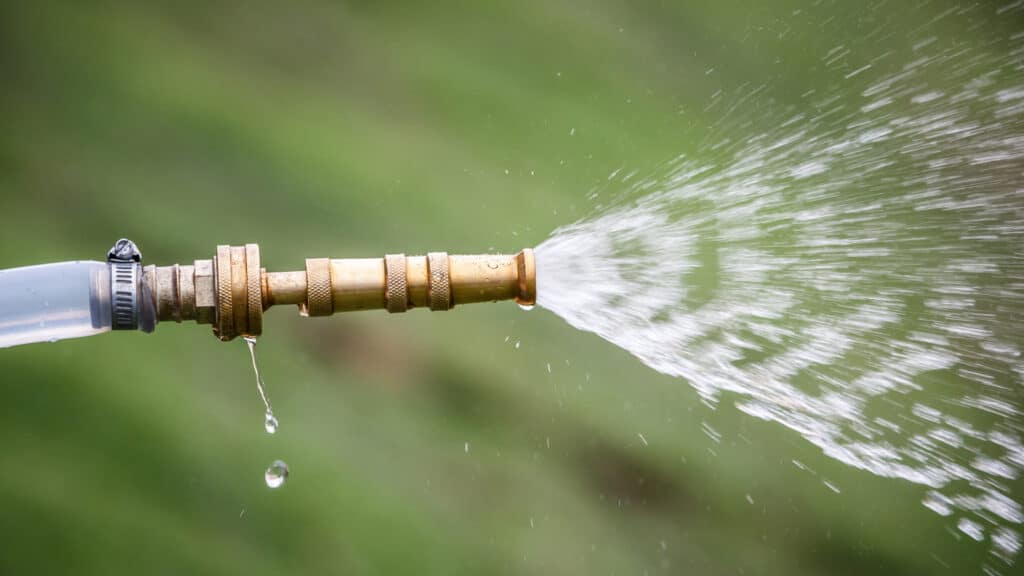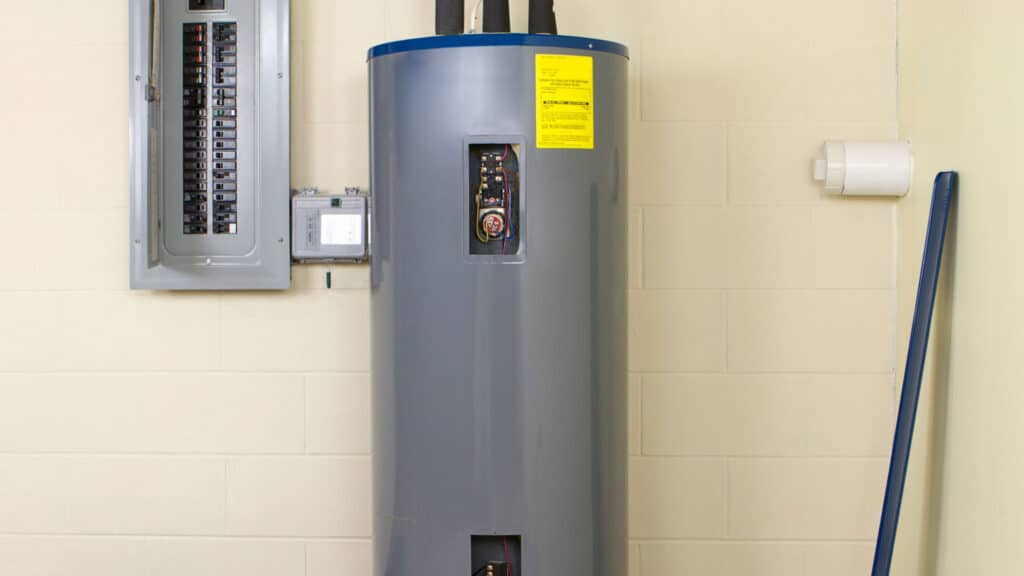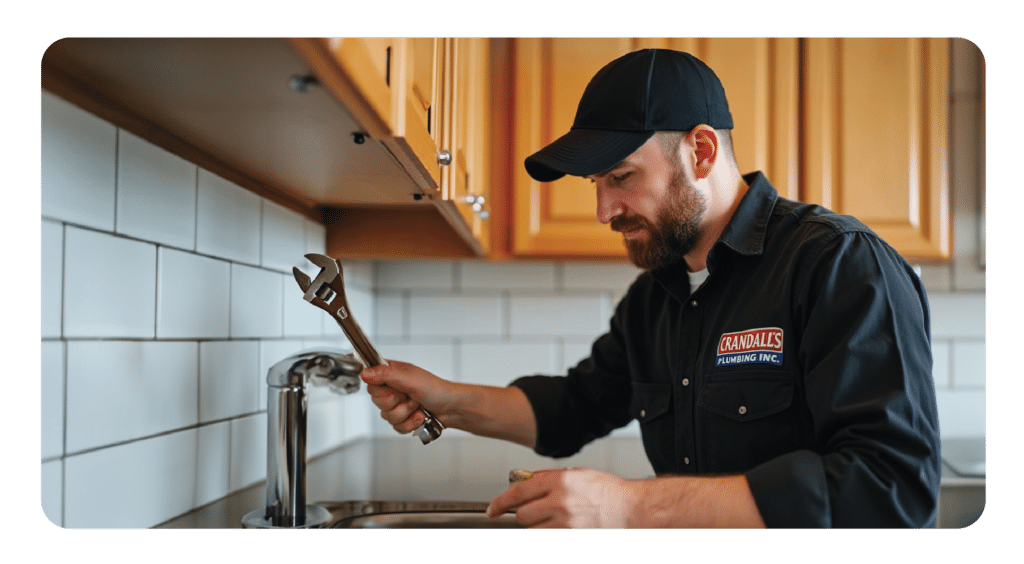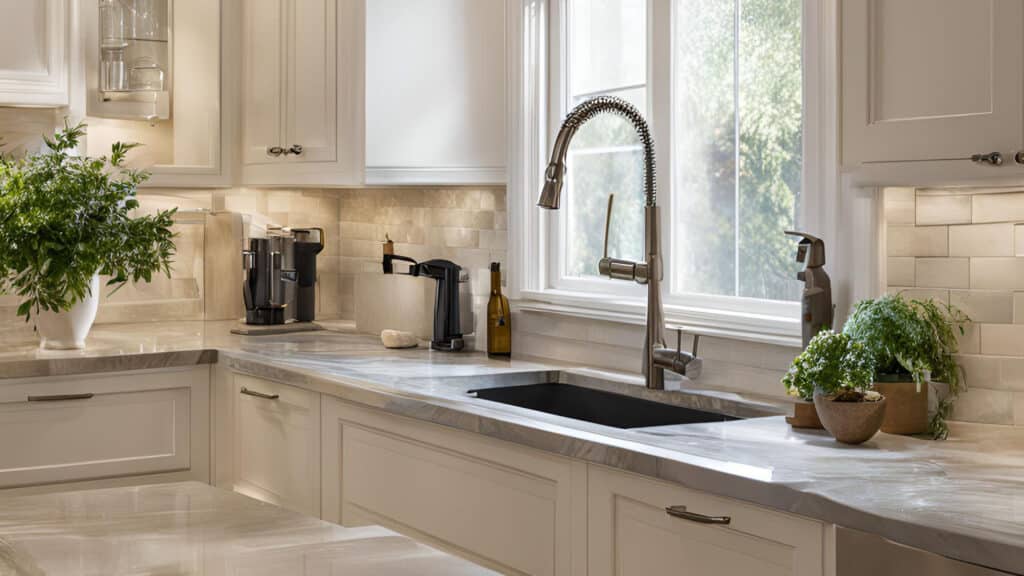When it comes to residential plumbing services, understanding what to expect during an installation can save you time, money, and stress. Whether you’re building a new home or upgrading an outdated plumbing system, having a clear roadmap of the process helps ensure everything runs smoothly and stays in working order. In this guide, we’ll walk you through each phase of a residential plumbing installation, address common plumbing issues, and share why hiring a professional makes all the difference.
Why Residential Plumbing Installations Matter
When Do You Need a Residential Plumbing Installation?
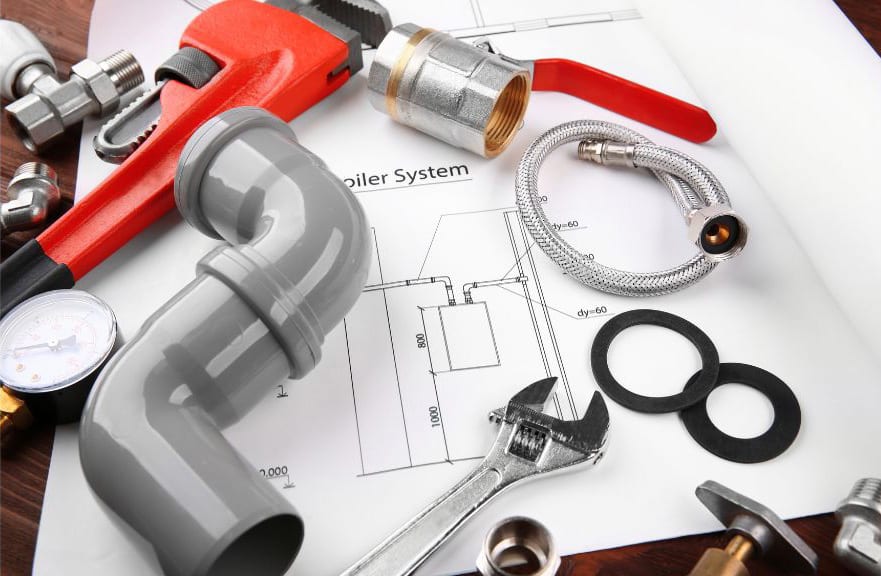
- You’re building a new home
- Renovating kitchens or bathrooms
- Replacing outdated plumbing systems
- Adding new fixtures or appliances
- Expanding your home with a new bathroom or laundry area
Step-by-Step: What Happens During Installation
1. Rough-In Plumbing
- Installing water supply lines and drain pipes
- Setting up vents and sewer line connections
- Routing pipes for sinks, showers, toilets, and appliances
This step forms the backbone of your plumbing system.
2. Fixture & Appliance Installation
- Toilets and sinks
- Bathtubs and showers
- Tankless water heaters
- Garbage disposal units
3. Water Pressure & Leak Testing
- Test water pressure in all supply lines
- Fix leaks (if any are found)
- Inspect connections for performance and safety
Common Challenges During Installation
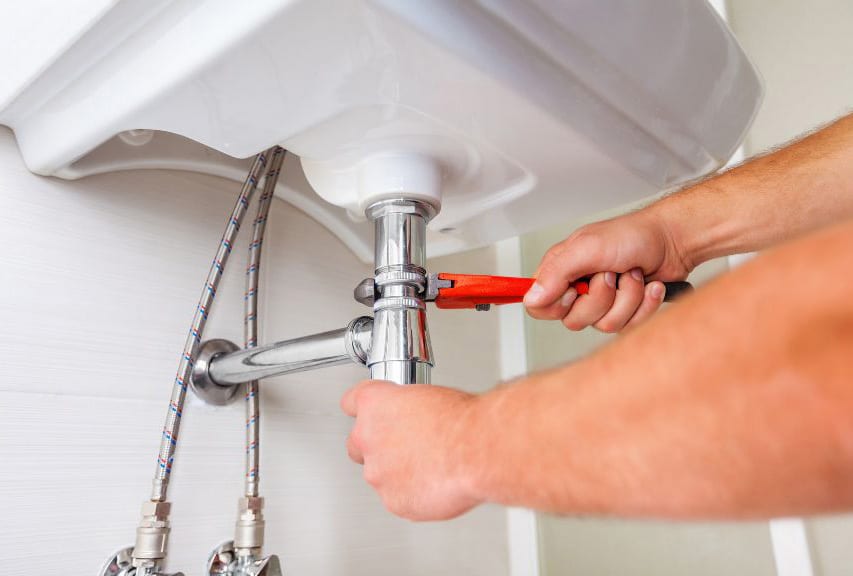
- Hidden leaks or corroded pipes
- Water damage from old plumbing systems
- Sewer line repair needs
- Low or inconsistent water pressure
Hiring a team skilled in rooter plumbing and advanced techniques ensures these are addressed quickly and efficiently.
Importance of Hiring Professional Plumbing Services
- Knowledge of local building codes
- Experience with a wide range of plumbing services
- Use of modern tools and advanced techniques
- Guaranteed workmanship and warranties
- Strong customer service and post-installation support
Professionals don’t just install—they ensure the system is safe, efficient, and built to last.
Maintaining Your Residential Plumbing System
- Schedule annual inspections
- Avoid flushing non-degradable items
- Keep an eye out for changes in water pressure or slow drains
- Use strainers in sinks to avoid clogs
- Flush water heaters yearly to avoid sediment build-up
A well-maintained plumbing system prevents future issues and extends the life of your pipes and fixtures.
What Sets Professional Installers Apart?
Not all plumbing companies offer the same level of quality. Your residential plumbing installation should be seamless and stress-free. At Crandall’s Plumbing, we pride ourselves on delivering top-notch residential plumbing tailored to your needs.

